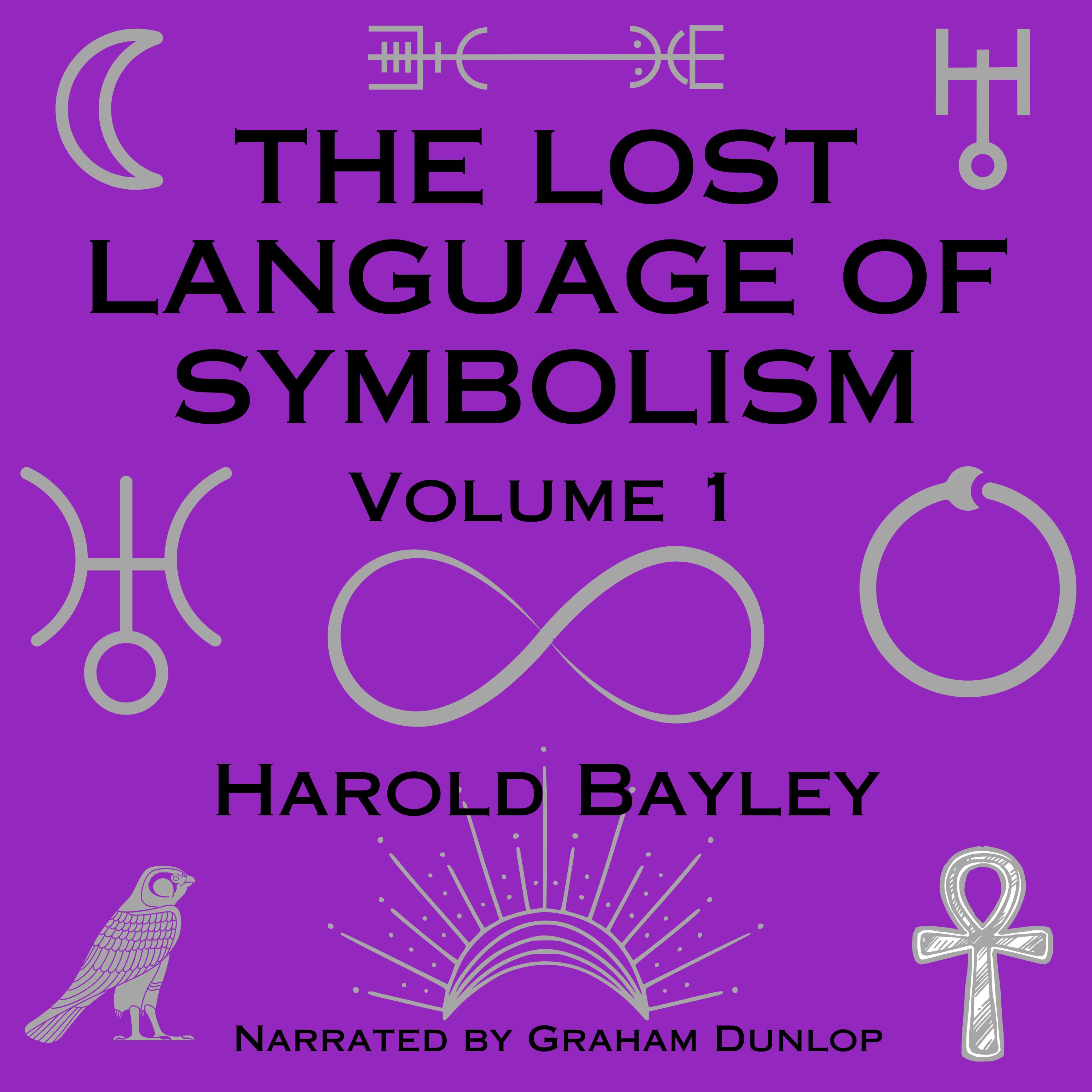Siddhartha is a novel by Hermann Hesse that deals with the spiritual journey of an Indian man named Siddhartha during the time of the Buddha.
The book, Hesse’s ninth novel (1922), was written in German, in a simple, powerful, and lyrical style. It was published in the U.S. in 1951 and became influential during the 1960s. Hesse dedicated Siddhartha to Romain Rolland and Wilhelm Gundert.
The word Siddhartha derives from two words in the Sanskrit language, siddha (achieved) + artha (meaning or wealth). The two words together mean “he who has found meaning (of existence)” or “he who has attained his goals”. The Buddha’s name, before his renunciation, was Prince Siddhartha Gautama. He was Prince of Kapilvastu, Nepal. In this book, the Buddha is referred to as “Gotama”.
The Son of the Brahman – 00:00
With The Sumanas – 18:13
Gotama – 39:57
Awakening – 1:00:24
Second Part. Kamala – 1:10:05
With the Childlike People – 1:39:53
Sansara – 1:59:01
By the River – 2:19:13
The Ferryman – 2:43:48
The Son – 3:09:54
Om – 3:29:44
Govinda – 3:44:19
Podcast (audiobooks): Play in new window | Download
Adultbrain Premium: (Protected Content)





